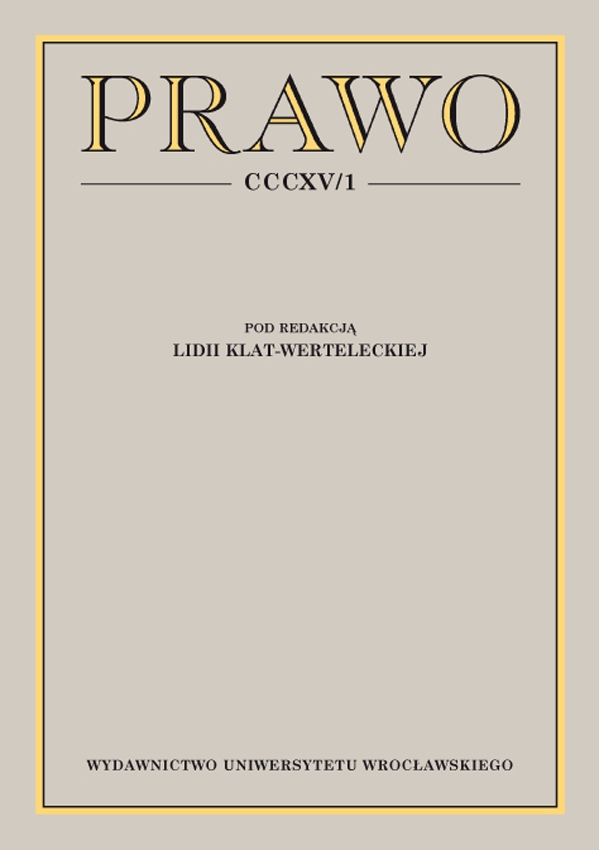

Artykuły

Remarks on the legal statusof a lab diagnostician
The analysis of the occupation of a lab diagnostician makes it clear that the job possesses lots of features characteristic of the so-called free professions. According to the author of the article, this cannot be ignored while analyzing the legal status of the job. What deserves a special attention, is the fact that the job of a lab diagnostician shares also the features of “the profession of public trust” mentioned in the Constitution of the Republic of Poland. At the same time we can agree that the job of a lab diagnostician has some features which differentiate it from a lot of typical, traditional free professions — e.g. the profession of a physician. What deserves a special attention is the problem of relations between a diagnostician and a physician in the diagnostic and preventive proceedings and in the screening of the therapy. In light of the legal regulations it is the physician conducting the therapy that decides on the ultimate set of the commissioned tests. It means that in this area the lab diagnostician is the physician’s subordinate. Moreover, if a lab diagnostician performs his job as an employee as it is defined in the Labour Code, it will be his duty to carry out the orders of his employer, concerning the venue and the time of his professional activity. If we make an attempt to classify a profession of a lab diagnostician, we should not forget about the “mixed free professions.”
These are jobs which do not fully meet the criteria serving to define a free profession. As far as medicine and health service are concerned, there appear doubts concerning the job of a chemist/pharmacist, or nurses and midwives. It should be acknowledged that it is also the case when it comes to the occupation of a lab diagnostician — we have here the activity typical of free professions on the one hand, and of sole proprietorship on the other, and a work of an employee as well. Thus, the occupation of a lab diagnostician can be treated as a “mixed free profession” or “limited free profession,” as understood in relevant Polish literature.